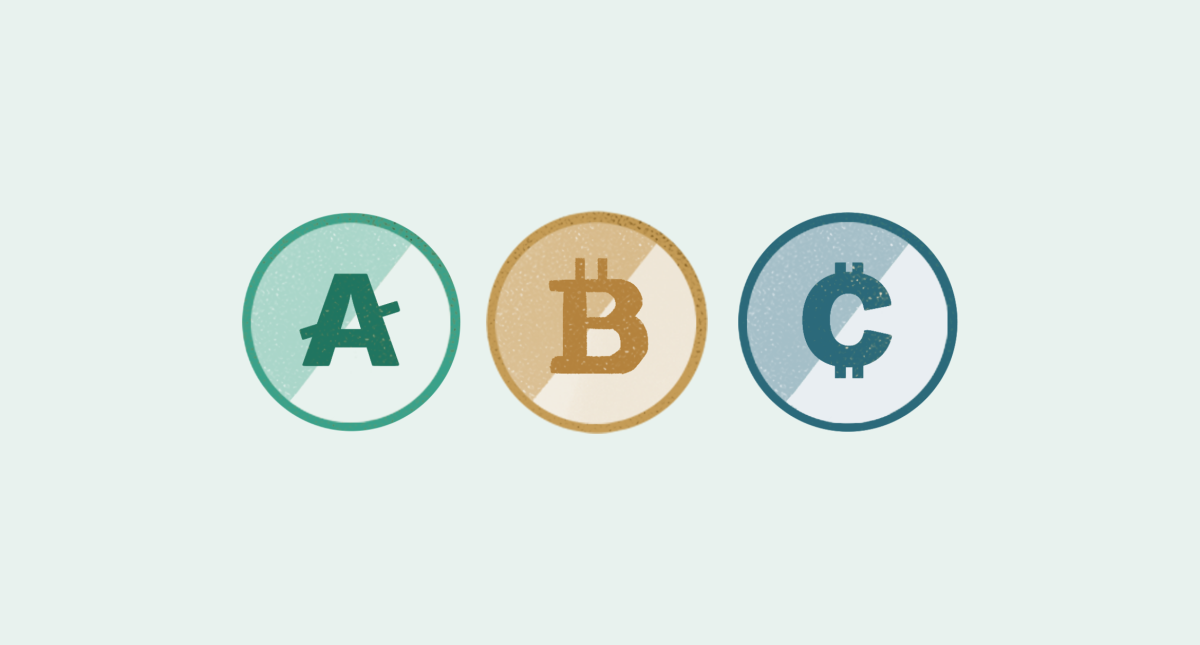Understand Security, Utility, and Governance Tokens in Blockchain

Blockchain technology has revolutionized the way we store, transfer and manage digital assets. One of the most significant advancements in this field is the creation of tokens. Tokens are digital assets that are created on a blockchain network and represent a specific asset, function or utility.
In the world of cryptocurrencies, there are three main types of tokens: security tokens, utility tokens, and governance tokens. Understanding the difference between these tokens is crucial for anyone looking to invest in the cryptocurrency market. In this blog post, we will explore the differences between security, utility and governance tokens, and how they are used in the blockchain ecosystem.
Security Tokens
Security tokens are digital assets that represent a real-world security, such as stocks, bonds, real estate, or other traditional assets. These tokens are regulated by securities laws and are subject to the same regulatory requirements as traditional securities. Security tokens are backed by a tangible asset, and their value is derived from the performance of the underlying asset.
Utility Tokens
Utility tokens, on the other hand, are digital assets that provide access to a specific application or service within a blockchain network. These tokens are not considered securities and are not subject to the same regulatory requirements as security tokens. Instead, they serve as a means of payment or access to specific features within the blockchain network.
For example, a token for a decentralized exchange platform would be considered a utility token. Holders of the token would have access to the platform's services and be able to trade on the exchange. The value of a utility token is directly tied to the demand for the underlying service or application.
Governance Tokens
Governance tokens give their holders the right to participate in the decision-making process of a blockchain network. These tokens provide a mechanism for token holders to vote on changes to the network's protocol, including changes to the network's rules and parameters.
For example, holders of a governance token for a decentralized autonomous organization (DAO) would have the right to vote on proposals for how the organization should operate and allocate its resources. The value of a governance token is tied to the perceived value of the network and the ability of token holders to influence its development.
In conclusion, security, utility and governance tokens play different roles within the blockchain ecosystem. Understanding the differences between these tokens is crucial for anyone looking to invest in the cryptocurrency market. Security tokens represent real-world assets and are subject to regulatory requirements, while utility tokens provide access to specific applications or services within a blockchain network, and governance tokens give their holders the right to participate in decision-making processes. Each type of token offers its own advantages and risks, and it's important to carefully consider your investment goals and risk tolerance before making a decision.
